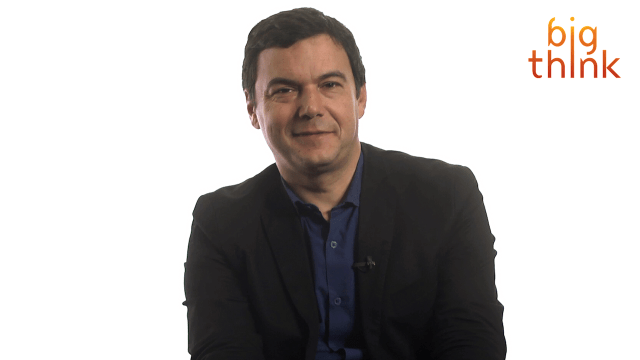Tech Companies Hook Users to Compete in Crowded Markets

The tech marketplace has become oversaturated to the point where thousands of companies competing for public attention are constantly trying to innovate new tactics for separating themselves from the pack. According to this piece by Ted Greenwald in MIT Technology Review, the latest hot trend is the marriage of marketing and science in such a way that the use of certain products and services leads to the subconscious formation of repeatable behaviors. Call it habit-forming technology, and keep an eye out because it’s coming for you.
Greenwald’s piece begins with coverage of the testing phase of a new website feature at Expedia. Electrodes adhered to a subject’s face relay positive and negative responses to images on the site. Expedia’s researchers collect data that will eventually contribute to a modification of the travel-planning experience. The aim is to ignite the customer’s sense of wonder, to trigger the release of dopamine in their brains. Expedia’s researchers want their customers to form a compulsive habit. They want to get them addicted to Expedia, or at least make it so they subconsciously grow accustomed to using Expedia and only Expedia when planning a trip:
“The company aims to make the experience of shopping so pleasurable that using the site becomes a habit. Forging new habits has become an obsession among technology companies. In an age when commercial competition is only a click away, the new mandate is to make products and services that generate compulsive behavior: in essence, to get users hooked on a squirt of dopamine to the brain’s reward center to ensure that they’ll come back.”
Greenwald’s piece delves deeply into this emerging tech trend. You can learn more about it at MIT Tech Review.
As for habit-forming in general, in the video below, Big Think expert Gretchen Rubin explains the pathology behind repeated behavior:
Photo credit: Marcos Mesa Sam Wordley





